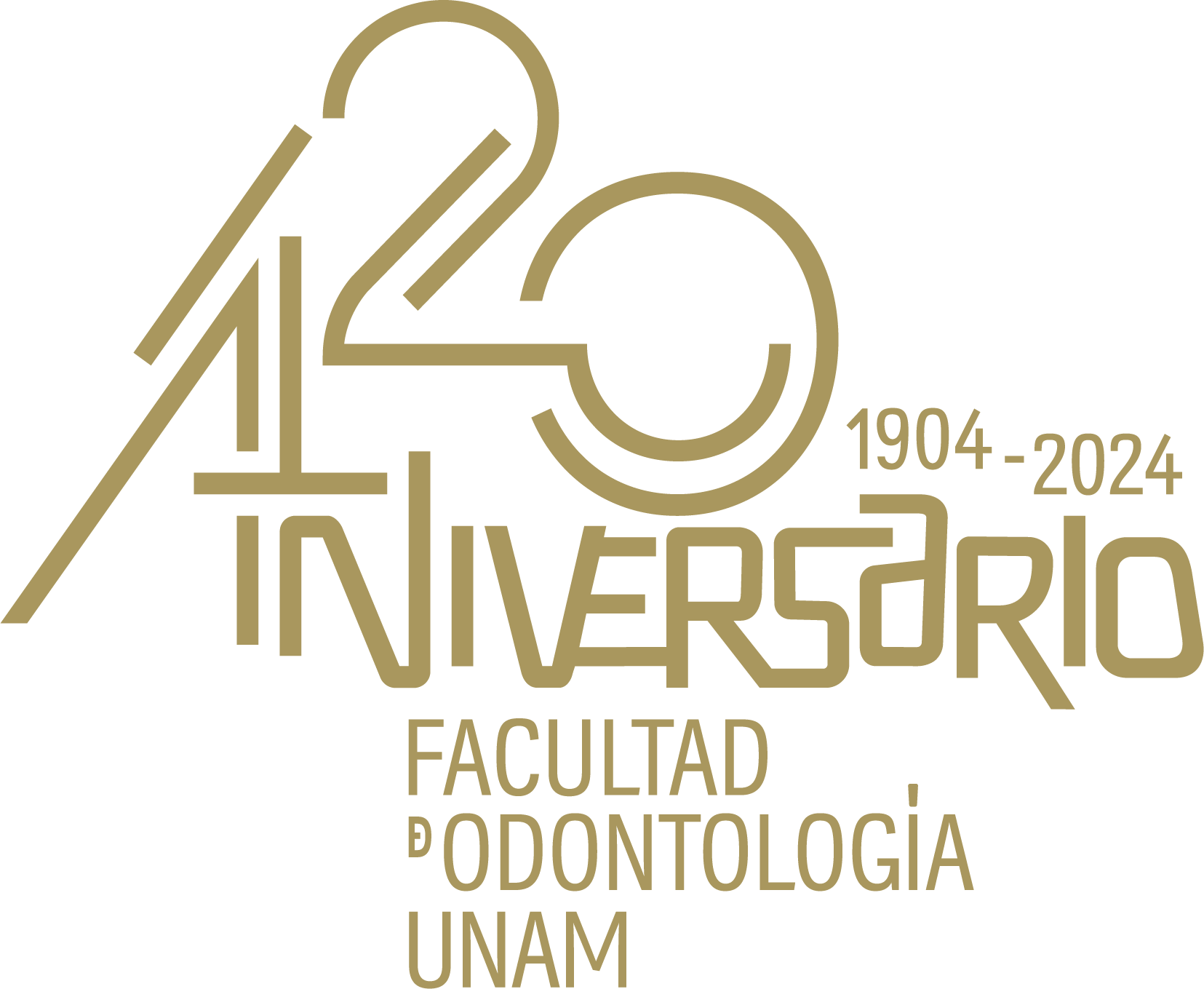Registro completo de metadatos
| Campo DC | Valor | Lengua/Idioma |
|---|---|---|
| dc.rights.license | https://creativecommons.org/licenses/by-nc-nd/4.0/legalcode.es | - |
| dc.creator | González Murillo, José Antonio | - |
| dc.creator | Rabchinsky Jaet, David | - |
| dc.creator | Ondarza Rovira, Ricardo | - |
| dc.creator | Justus Doczi, Roberto | - |
| dc.creator | García López, Salvador | - |
| dc.date.accessioned | 2025-01-29T00:10:58Z | - |
| dc.date.available | 2025-01-29T00:10:58Z | - |
| dc.date.issued | 2018 | - |
| dc.identifier.issn | 2395-9215 | - |
| dc.identifier.uri | https://ru.odonto.unam.mx/handle/123456789/31796 | - |
| dc.description.abstract | Objective: The aim of this study was to determine in a group of young patients and adults if the perception of their self-esteem, psychosocial development and quality of care improved after orthodontic treatment. Material and method: The sample consisted of 60 patients who were divided into four study groups: two groups were composed of 15 teenagers of both genders and the other two, with 15 adult patients of both genders. In all cases, their records and diagnoses were available for selecting patients treated with fi xed pre-adjusted orthodontic appliances and who had at least 6 mm of crowding in the upper arch. We implemented a modifi ed survey of psychosocial impact and a dental aesthetics questionnaire (PIDAQ), both instruments in order to assess the perception of self-esteem, psychosocial development and quality of care provided by the residents of the Department of Orthodontics of the Intercontinental University before and after the treatment. Results: It was determined that there was no statistically signifi cant difference in the perception of personal confi dence and in social skills pre- and post-treatment among young patients and adults. No significant difference was found in self-confi dence between male and female patients, or in the perception of the quality of care received between male and female patients. There was no statistically significant difference in the perception of quality of attention received among the young patients and adults. Conclusion: The self-esteem caused by the presence of malocclusions is very diffi cult to assess. It is evident, however, that patients seek orthodontic treatment for aesthetics reasons based on a social aspect that makes them feel better, which was more evident in adult patients. | - |
| dc.language | eng | - |
| dc.publisher | Universidad Nacional Autónoma de México. Facultad de Odontología | - |
| dc.rights | La titularidad de los derechos patrimoniales de esta obra pertenece a las instituciones editoras. Su uso se rige por una licencia Creative Commons BY-NC-ND 4.0 Internacional, https://creativecommons.org/licenses/by-nc-nd/4.0/legalcode.es, fecha de asignación de la licencia 2018-06-15, para un uso diferente consultar al responsable jurídico del repositorio por medio del correo electrónico revistamexicanadeortodoncia@gmail.com | - |
| dc.subject | Self-esteem | - |
| dc.subject | social skills | - |
| dc.subject | care received | - |
| dc.subject | orthodontic treatment | - |
| dc.subject | malocclusion | - |
| dc.subject.classification | Ciencias Biológicas, Químicas y de la Salud | - |
| dc.title | Self-confi dence, psycho-social impact and perceived treatment quality in young and adult patients after orthodontic treatment | - |
| dc.type | Artículo Técnico-Profesional | - |
| dcterms.provenance | Universidad Nacional Autónoma de México. Facultad de Odontología | - |
| dc.description.repository | Repositorio Universitario de la Facultad de Odontología, https://ru.odonto.unam.mx/ Facultad Odontología | - |
| dc.rights.accessrights | Acceso abierto | - |
| dc.identifier.url | https://revistas.unam.mx/index.php/rmo/article/view/65218/57161 | - |
| dc.identifier.bibliographiccitation | González Murillo, José Antonio, et al. (2018). Self-confi dence, psycho-social impact and perceived treatment quality in young and adult patients after orthodontic treatment. Revista Mexicana de Ortodoncia; Vol. 6 Núm. 1, 2018. | - |
| dc.relation.ispartofjournal | Revista Mexicana de Ortodoncia; Vol. 6 Núm. 1 (2018) | - |
| Aparece en las colecciones: | Revistas | |
Los ítems de DSpace están protegidos por copyright, con todos los derechos reservados, a menos que se indique lo contrario.

